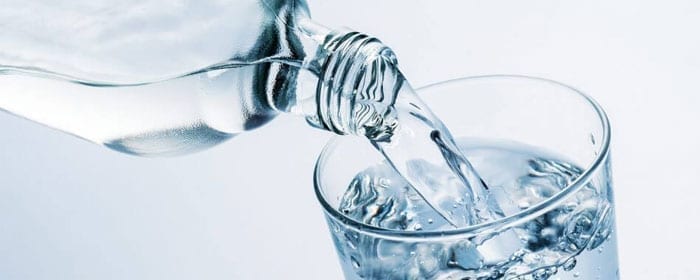Most of us have heard about the importance of staying hydrated more times than we can count. With water playing a major role in the functionality of every major system in our bodies, replenishing our stores of H2O is indeed critical to maintaining overall wellness. Yet, for individuals with neurological disorders, water intake becomes even more essential to promoting health. Here, we explore the importance of hydration for managing these conditions.
The Link Between Brain Health & Hydration
The World Health Organization (WHO) describes neurological disorders as “diseases of the central and peripheral nervous system,” which includes nerves, muscles, and the spinal cord. Alzheimer’s disease, epilepsy, ALS, stroke, multiple sclerosis, and Parkinson’s disease are some examples of neurological conditions, but there are many others. As of 2016, WHO reported that hundreds of millions of people are affected by the conditions globally.
While maintaining optimal brain health is important for all individuals, it becomes even more of a priority for people living with neurological conditions. And, it turns out there’s a direct link between water consumption and brain functionality. A report in Neurology Solutions explains that water is the vessel through which nutrients are transported to cells, including brain cells. It also supports the efficiency of nervous system functionality and cerebral blood flow.
The problem lies in the fact that becoming dehydrated is all too easy in neurological disorder patients. The symptoms of dehydration can mimic those of conditions such as Parkinson’s. To complicate matters further, dehydration can “significantly worsen already compromised neurological function,” states Neurology Solutions. Moreover, one study published in Amyotrophic Lateral Sclerosis and Frontotemporal Degeneration analyzed hydration in ALS patients and found that water intake is an even more important predictor of survival than malnutrition. In other words, while a maintaining a healthy diet is also important for managing neurological conditions, hydration is paramount.
How to Stay Hydrated
By the time indications of dehydration present themselves, the body’s water stores are already depleted. Although it’s critical to watch for and act on signs of dehydration such as dizziness, headaches, muscle cramps, fatigue, weakness, and dark urine. Best practice is to remain hydrated to avoid any of these signs of dehydration.
Harvard Health recommends adults consume 30 to 50 ounces of water per day, but recommended intake may vary by age, condition, and other specific factors. Thus, it’s a good idea to consult your physician for a more precise recommendation.
One key to staying hydrated is spreading your water intake throughout the day. Some individuals set timers to remind themselves to drink small amounts of water, while others line up cups each morning. If you prefer flavored beverages, consider adding slices of citrus fruits to your glass of water. For individuals who have trouble swallowing, drinking through a straw can aid in taking smaller sips. Finally, don’t overlook the ways in which your diet can contribute to water intake. A portion of your daily water consumption can also come from watermelon, spinach, cabbage, cucumber, celery, tomato, and other foods with high water content.


 St. Petersburg, Florida
St. Petersburg, Florida
